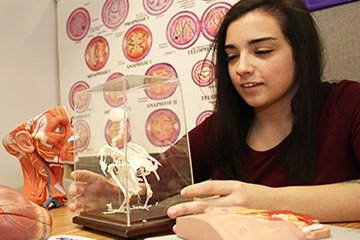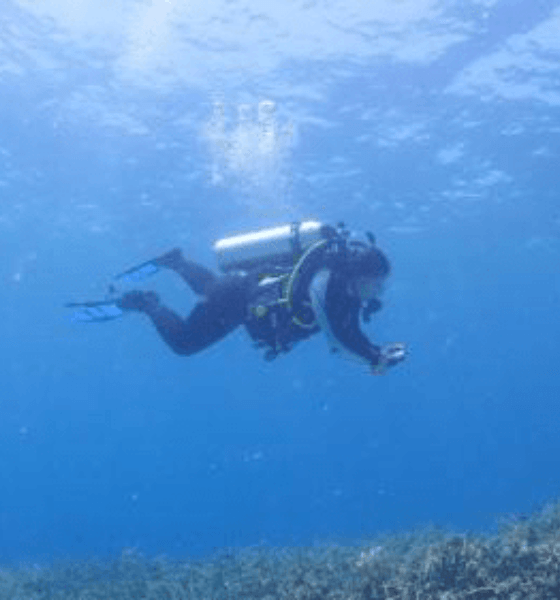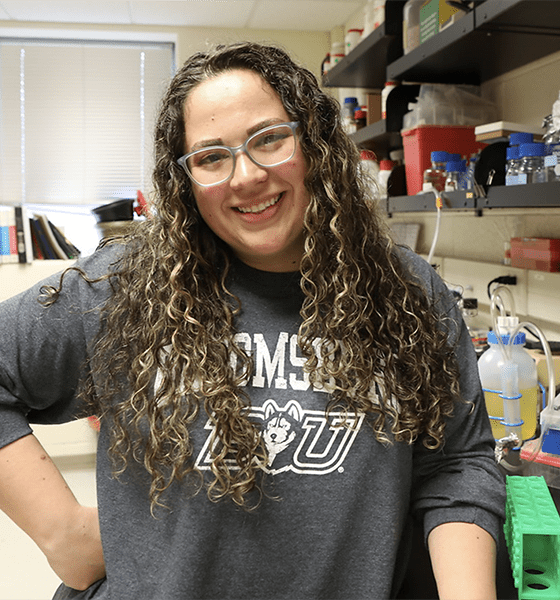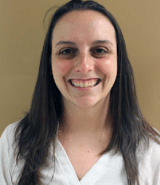Research
Graduate studies entail a close working relationship between a student and a faculty member who acts as their Major Professor. The universal core of the program is an independent scholarly project which is planned, executed, and presented to the public under the direction of a Major Professor. Elective courses are also offered to develop specific competencies. This is designed to be completed in two years, with full-time effort split roughly equally between research and course work.
Every effort is made to closely match students with a faculty mentor and research advisor who is able to satisfy their interests and provide the resources necessary to support students’ scholarly work. Browse our Research gallery to see the research being conducted by Biology faculty and current students.





